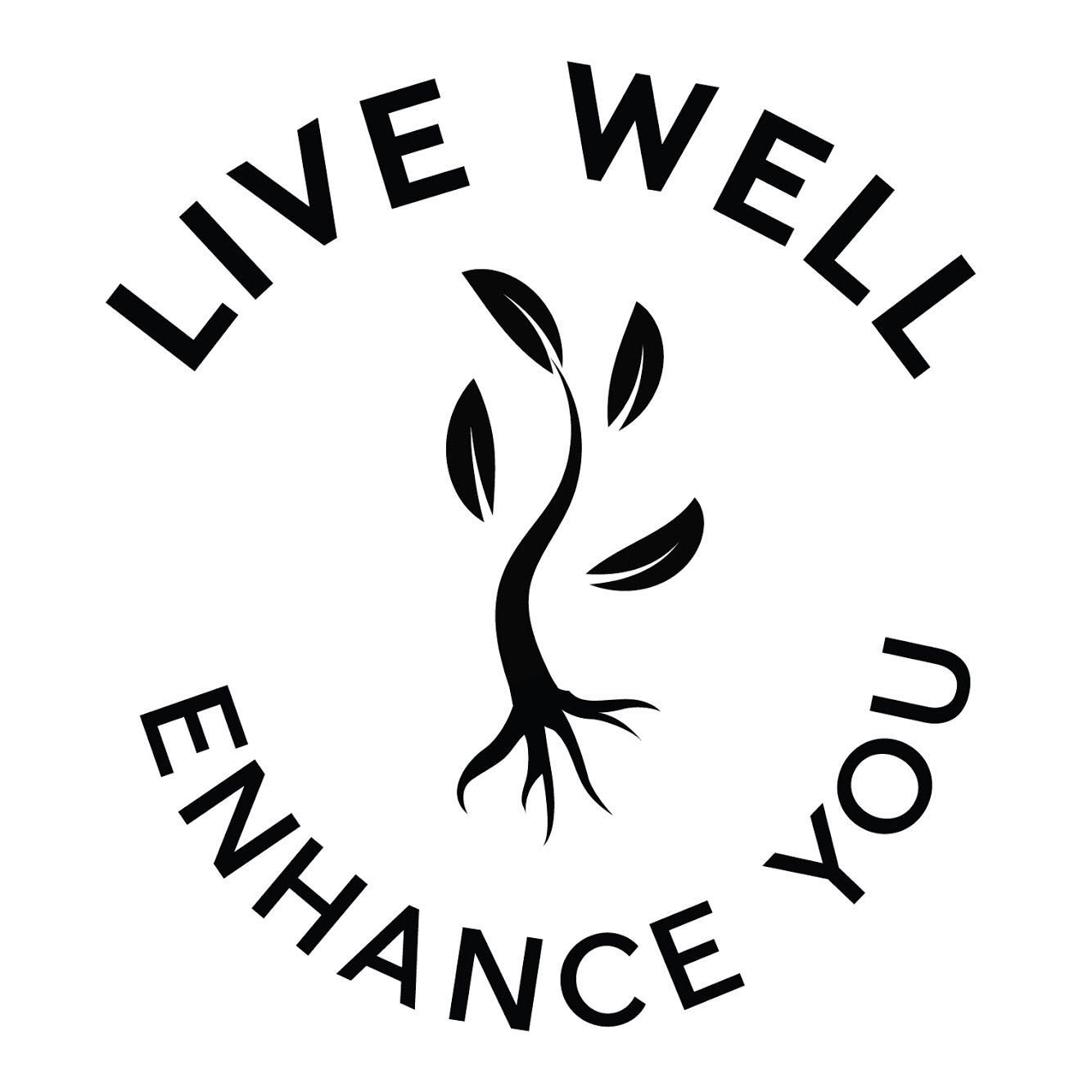Why Vegan Month is Important Even for Non-Vegans
November is World Vegan Month. If you’re vegan, this is a time to be proud and share with others about what being vegan means to you. But if you’re not vegan, you may think this month isn’t relevant for you. However, once you learn more about being vegan, you may develop an interest in it more than you expected.
I myself am not vegan, but I was a vegetarian for five years, and I’m so glad I had that experience! I found such value in trying new foods, especially cooking with different vegetables. So even if you’re not vegan or vegetarian, I encourage you to use this month to learn more and experiment with changing your diet.
What does “vegan” mean?
The Vegan Society defines vegan as a person who has “a plant-based diet avoiding all animal foods such as meat (including fish, shellfish and insects), dairy, eggs and honey - as well as avoiding animal-derived materials, products tested on animals and places that use animals for entertainment.” Vegans aren’t the same as vegetarians, who avoid meat but still consume other animal-derived foods, drinks, and products.
Vegans believe that animals shouldn’t be used or consumed in any way and should be left to live in their natural habitats. Vegans are also motivated by environmental concerns. Less animal consumption would lead to reduced air and water pollution from farms, more water conservation, more protection for forests, lower greenhouse gas emissions, and more biodiversity.
Are vegan diets healthy?
If you’re worried that going vegan would cause you to miss the proper nutrients to keep yourself healthy, worry no more. You can still get the nutrients you need on a plant-based diet. For example, you don’t have to rely on animals for protein. You can instead get protein from tofu, beans, nuts, quinoa, hemp seeds, and more. Plus, plants are a source of antioxidants that protect you from harmful free radicals, and a source of fiber, which lowers your risk for many diseases.
The Humane League explains some of the health problems that can be caused by eating animals. Cholesterol is a major example of this because it’s found in many animals but not plants. Switching to a plant-based diet cuts out cholesterol, which is beneficial for your health because cholesterol can cause heart disease. Toxins in meat are another danger than can be avoided by going vegan.
How to eat vegan
If you’re not used to the vegan diet and lifestyle, it may seem confusing. But once you try it, it’s easier than you think. There are tons of resources out there to help you learn about vegan brands, vegan recipes, and vegan food substitutes. Here are some vegan food substitute examples:
Meat - Yes, it really is possible to have burgers, sausage, “chicken” nuggets, and other types of meat, made from plants! Plant-based meat is made to have the taste and texture of animal meat.
Milk - Soy milk, almond milk, and coconut milk are just a few of the many types of vegan milk available today.
Cheese - Vegan cheese is often created using nut milk. There are plenty of types of vegan cheese to choose from, from cheese blocks to spreadable cheese to grated and shredded cheese.
Honey - There are companies that make vegan substitutes for honey. Another idea is to use maple syrup instead.
Since it’s World Vegan Month, this is a good opportunity to try something new. Consider going on a vegan diet for a short period of time, then if you feel comfortable with it, you can stick with it for longer. Cutting some foods from your diet gives you a chance to introduce yourself to exciting new foods!
